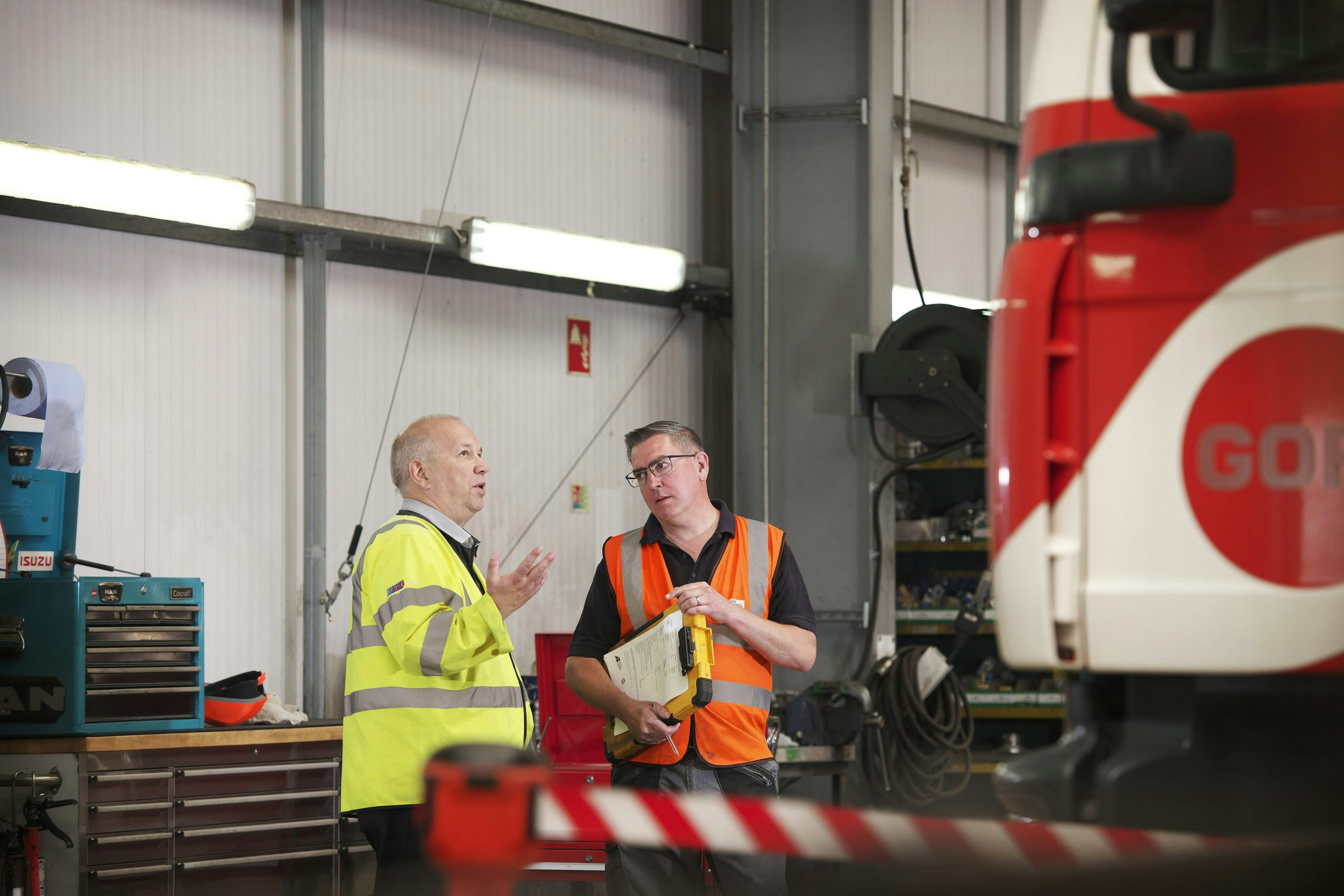Health and safety after Brexit: what’s changed?
Before Britain’s exit from the European Union there was great uncertainty, and much speculation, about what it would mean for health and safety in the workplace.
By Alan Boswell Group

It was rumoured that Brexit would sweep away decades of red tape, regulations would become more lax, and workplaces would return to the ‘good old days’ with no EU directives to worry about. Realistically, this was never likely to be the case given Britain’s long history of improving workplace health and safety since the introduction of the Health and Safety at Work Act 1974.
As a piece of British legislation it remains the bedrock of health and safety law in this country post-Brexit, and the Health and Safety Executive (HSE) has made it clear in guidance to businesses that their legal duties to protect workers will not change.
But, while the vast majority of regulations remain unaltered, health and safety laws post-Brexit have changed for some industries.
What health and safety legislation has changed after Brexit?
Most health and safety legislation remains exactly the same as it was before Britain left the EU on the 31st December 2020, but some industries have seen minor changes.
Where changes have been made, they have been done so to ensure the current legislation is compliant with Britain’s legal framework.
Industries affected by the changes are:
The chemicals industry
The 2006 European Regulation on the Registration, Evaluation, Authorisation and Restriction of Chemicals (REACH) was adopted into British law upon Brexit, but with some minor changes.
For example, HSE has become the government agency responsible for safety laws around chemicals that are to be used in this country, replacing the European Chemicals Agency.
Imports and exports of listed chemicals now need to comply with the new British system, which mirrors the EU one.
The civil explosives market
Those who placed civil explosives on the British market (or in an EU country) before 1st January 2021 do not need to do anything new, and the same applies until 31st December 2022.From 1st January 2023, the UK Conformity Assessment (UKCA) mark replaces the CE marking and must be used. See the HSE website for full details.
Manufacture and supply of new work equipment and machinery
The design, manufacture, and supply of all new work equipment and machinery must comply with strict regulations to ensure they are safe to use.
Since leaving the EU the arrangements for conformity assessment, marking and labelling have changed. The UKCA mark will replace the CE mark, using the same date criteria as the civil explosives market (above).The HSE has full guidance.
Complying with Brexit health and safety
Brexit did not spell the end of risk assessments, working time directives, or safety standards, and good risk management remains a critical part of running a business.
As the health and safety regulations post-Brexit remain largely unchanged, businesses will need to continue to operate with the same duty of care as before. Businesses involved with the industries noted above will need to ensure they comply with the minor changes made, mostly concerning conformity and labelling.
There may be some extra costs involved for companies that manufacture in both Britain and the EU, because of the need to comply with two different sets of regulations.
The future of health and safety after Brexit
It’s unlikely that any British government would surrender its health and safety reputation by rolling back the advances made, but there may well be areas where regulations diverge in some areas from those laid down by the EU. Any divergence is most likely to be concerned with simplifying existing regulations rather than removing them or significantly downgrading them.
In these situations, businesses operating in both regions will need to ensure premises, equipment and staff safety comply with both sets of regulation.
There have been some concerns about how the government will negotiate future trade deals with non-EU countries, and what impact that will have on health and safety laws. Now that British companies are no longer bound by EU law to continually improve working conditions for their employees, could some areas of health and safety be partially deregulated to secure a trade deal?
Nothing is impossible, but it’s likely the government would come under considerable pressure to maintain standards.
Health and safety compliance help for businesses
It’s vitally important that businesses comply with health and safety regulations for the well-being of their workforce, to avoid costly accidents, and to stay on the right side of the law.
If your business does not have the necessary in-house expertise, Alan Boswell Risk Management provides a range of health and safety services, either on an ad-hoc or fixed-price membership basis from £60 a month.
Health and safety services include general advice and support, compliance auditing, risk management surveys and inspections, training support, and the provision of a full health and safety plan.
Need help with your risk management?
Whether you need a quote, have a general enquiry, or want to talk it through over the phone, we're here to help.
Risk management enquiry
Related guides and insights

Managing risk and ensuring safety: Goff Petroleum's partnership with Alan Boswell Group
We spoke to Keith Powney at Goff Petroleum about how Alan Boswell Group help them with their insurance and engineering inspections.

What is a risk assessment?
A good risk assessment can help you prepare for hazards and minimise the financial burden. Here’s why overlooking its importance can leave your business vulnerable.

Richardsons Leisure Ltd - The risks and rewards of putting safety at the heart of the family holiday
We spoke to Chris and Justin at Richardsons Leisure about how Alan Boswell Risk Management help them to manage health and safety at their sites.

Managing risk from lithium-ion batteries
Lithium-ion batteries can be found in everything from electric vehicles to the smartphones in our pockets – but they can be dangerous. We look at how businesses can best manage the risks associated with these batteries.
